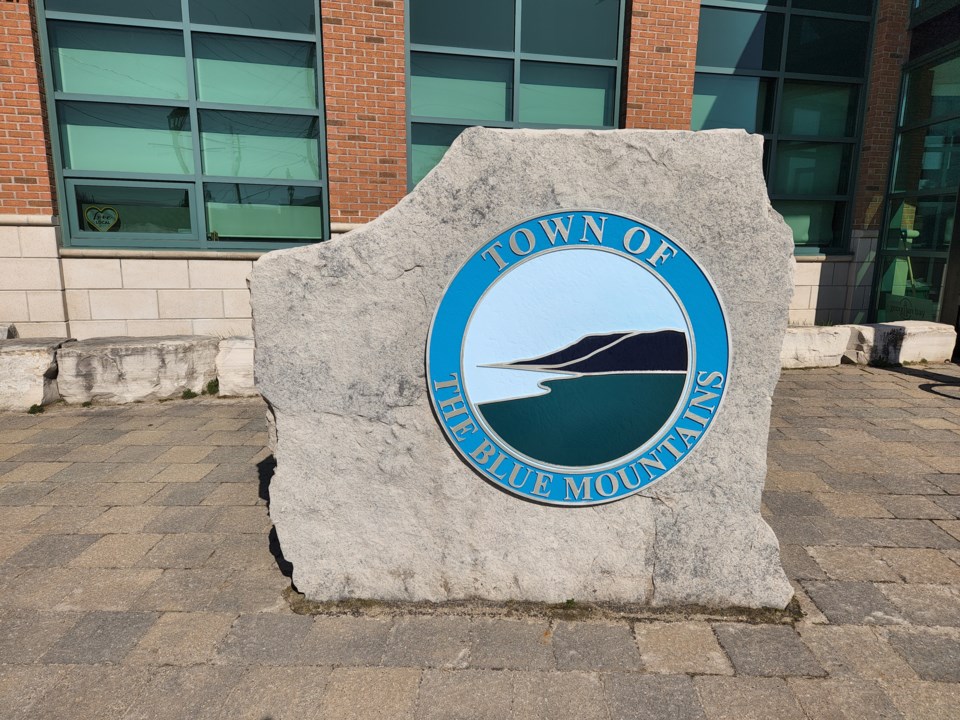The Blue Mountains remains on track to have a lobbyist registry in place before the end of the year.
On April 18, The Blue Mountains council held a public meeting to gather community input about the possibility of establishing a lobbyist registry for the town.
Public reaction to the proposal was relatively muted, with just three local residents making comments during the public meeting.
Lobbying is considered to be any communication with a public office holder by an individual who represents a business or financial interest with the goal of trying to influence legislative action.
A registry is an online tool that works to provide accountability and transparency, as well as giving the public access to know who is communicating with elected officials.
CAO Shawn Everitt explained that town staff have worked closely with the team at Collingwood's municipal offices to develop a draft registry for The Blue Mountains. The CAO said staff feel there will be synergies between the two communities on the lobbyist registry, noting that it’s likely if lobbyists are registered in Collingwood they will also be registered in The Blue Mountains.
“The Town of Collingwood staff have been extremely helpful and very collaborative,” said Everitt. “Staff believe there is a benefit to having a very similar process.”
Everitt made a brief presentation about the proposed registry at the meeting. The presentation included more clarification about how a registry functions and what it records.
The CAO said it is a myth that lobbyist registries prevent or restrict council and staff from engaging with stakeholders. Everitt said the fact is that lobbyist registries simply record that the meeting happened for transparency purposes. He also said the lobbyist registries are not intended to capture normal conversations with constituents, but rather those with groups and companies who have interests (financial or otherwise) in the outcome of a decision.
“At the end of the day, it’s all about having that transparency,” he said.
The CAO said staff will continue to work and refine the proposal over the next several months and said a full report would be at committee of the whole in August, with a council decision to follow shortly after.
Public reaction to the proposal was positive.
“Transparency, accountability and communication. These have been identified by the public over the past few years as being of vital importance,” said local resident Rosemary Gosselin, who asked how the registry would work in terms of the public accessing the information. “Do we have to fish around the website to find out?”
Everitt said the town would be holding further discussions on the form the reporting mechanism would take.
“Is a yearly report enough? Maybe it’s not,” he said, suggesting a quarterly report could be used.
The former mayor, Alar Soever, also praised the direction the town is taking on the registry.
“Certainly this is a great initiative. I regret we couldn’t get it done last term,” said Soever, who noted that the key to the registry would be the definitions. “There is a lot of interaction that can happen that isn’t considered lobbying.”
Soever also encouraged the town to include on its lobbyist registry frequently asked questions webpage concrete examples of what would and wouldn’t be considered lobbying.
“It would be useful for the public and council to have some simple examples,” he said.
Roland Gosselin also praised the town’s approach.
“I’m so pleased that this is what the town is doing,” he said.
Members of council also raised several points for staff to consider as they develop a report on the registry. They included: the role of former members of council in the registry, whether or not registered lobbyists should be able to serve on town boards and committees and the question of what constitutes a meeting - is it strictly face-to-face and in person, or do emails/phone calls count?
Everitt said those issues would all be considered as staff develop a report and recommendation.
